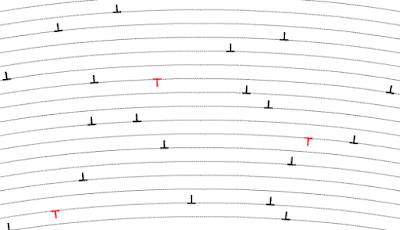About the Subject:
A phase transition is the transformation of a thermodynamic system from
one phase or state of matter to another one by heat transfer. The term is most
commonly used to describe transitions between solid, liquid and gaseous states
of matter, and, in rare cases, plasma. A phase of a thermodynamic system
Nucleation and growth.
Topics to be covered in this Seminar:
Types of nucleation - Concept of free energy
during solidification - Thermodynamics of homogeneous nucleation - critical
nucleus size and critical free energy change - constitutional super cooling
-Martensite transformation - Definition - characteristic features of
Martensitic transformation in steels - morphology of Martensite Precipitation
from solid solutions- thermodynamic considerations- structure and property
during ageing- sequence of ageing-Cold working and hot working- Recovery
polygonization and dislocation- movements in polygonization-
Recrystallisation - effect of time-temperature- strain and other variables-
mechanism of nucleation and growth. And the states of matter have uniform
physical properties.
Time to be planned :
1 or 2 days
1 or 2 days
Kind of program :
3D based Seminar and Guest Lecture for the Students
Reason for the program :
Kalam Scientist Team aiming to build young generation Scientist
Kalam Scientist Team aiming to build young generation Scientist





No comments:
Post a Comment